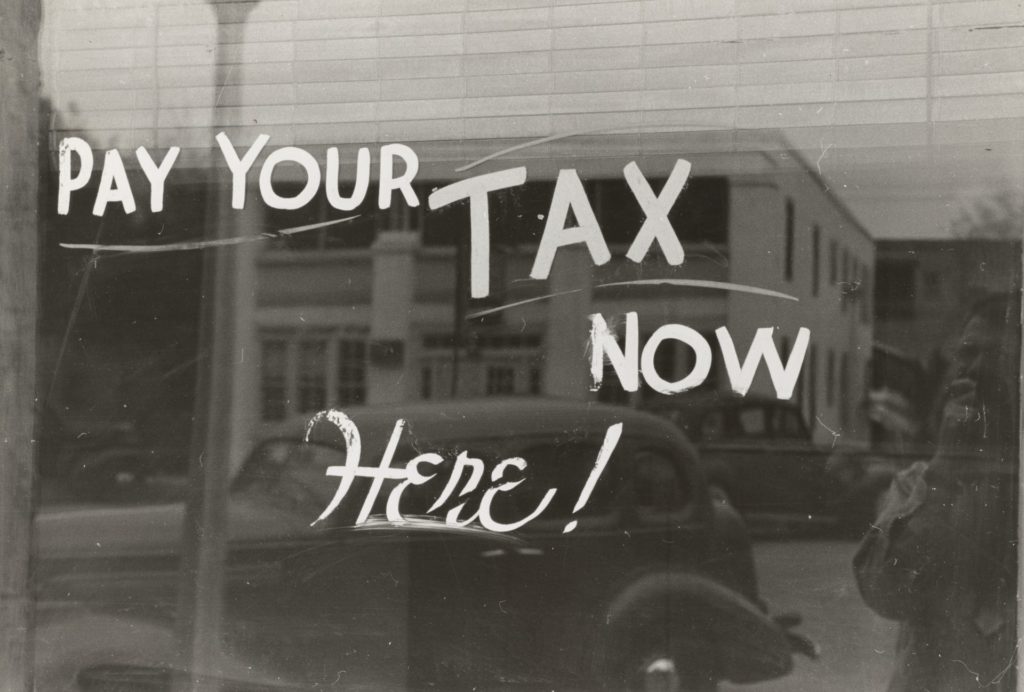When a loved one becomes chronically or terminally ill, the last thing you want to think about is finances. Many families struggle to pay for the long-term care costs associated with these illnesses, so it’s important to know that there are many options available to lighten the financial burden.
Any chronically or terminally ill person with a life insurance policy may be able to receive a viatical settlement, cash settlement, or accelerated death benefit either from their insurance company or from a viatical settlement provider. Before we get into viatical settlement taxation, let’s start with why this type of settlement is probably the best option for your family.
What is a viatical settlement?

Also known as a life settlement, a viatical settlement is essentially an advance on a life insurance policy. The insured individual can sell their life insurance policy to a third-party viatical settlement company if they have a severe cognitive impairment, the loss of functional capacity, or a life expectancy of 24 months or less. The viatical settlement company will then technically own the policy, and they are responsible for paying any future premiums. The downside for the policyholder is that the payout is not as large as it would be if they waited until the insured’s death.
The purpose of a viatical settlement is to improve the quality of life for a terminally ill individual. Not only can receiving this settlement ease financial stress, but it can also provide for better care at an individual’s home or in a long-term care facility. You can use this viatical money to cover the ordinary income of any family member who has to take time off to help their loved one. You can use it to pay medical bills, travel to receive medical care, or even pay the policy owner’s debts. Viatical settlements are a good way to ease the financial burden so that you can focus on getting your loved one the best care possible.
Is a viatical settlement taxable?

Probably not. Prior to the Health Insurance Portability and Accountability Act (HIPAA) of 1996, any money you received from a settlement would have qualified as income and therefore would have been subject to a capital gain or income tax. That is no longer the case, and any beneficiary will not be taxed on the payout they receive. Make sure your accountant or financial advisor has the executed closing documents to ensure that the settlement will be tax-exempt. Any leftover viatical settlement proceeds may be subject to an income tax, so it’s best to spend the entire viatical settlement before the insured’s death. A viatical settlement is probably the most lucrative way to benefit from the policy owner’s life insurance before their death. However, if you need cash to help pay for your loved one’s expenses, there are alternative options. With an accelerated death benefit, the policyholder can receive some of the death benefits from their life insurance before the insured dies. Generally, any income received from a life insurance contract by a terminally ill or chronically ill person is not taxable but always check with your tax advisor before making a commitment.
You could also surrender your life insurance policy for its cash value, but you’ll typically earn more from a viatical settlement. The cash surrender value is taxable. This amount may be different from the cash value, which is the money held in your account. The sale of a life insurance policy for its surrender value typically involves an early termination fee, which lowers the payout you’ll receive. An early termination fee on top of the federal income tax you’ll pay on a cash surrender probably means that a viatical settlement will earn you more money in the end.








